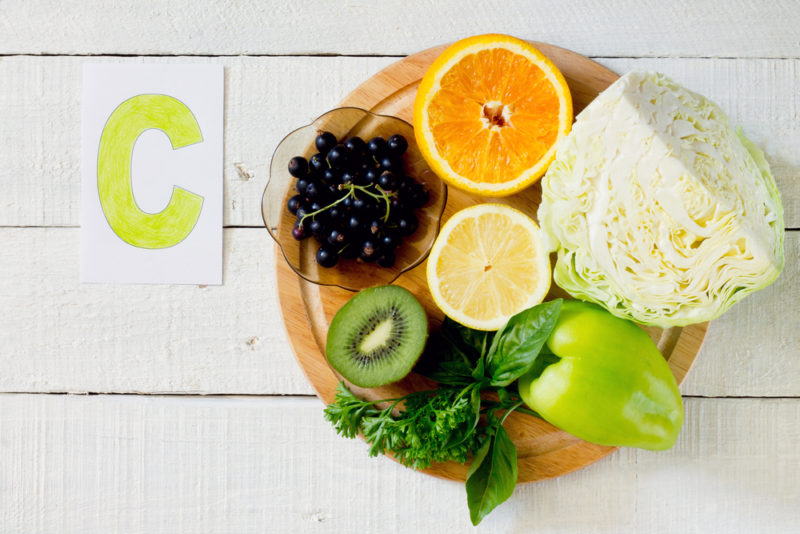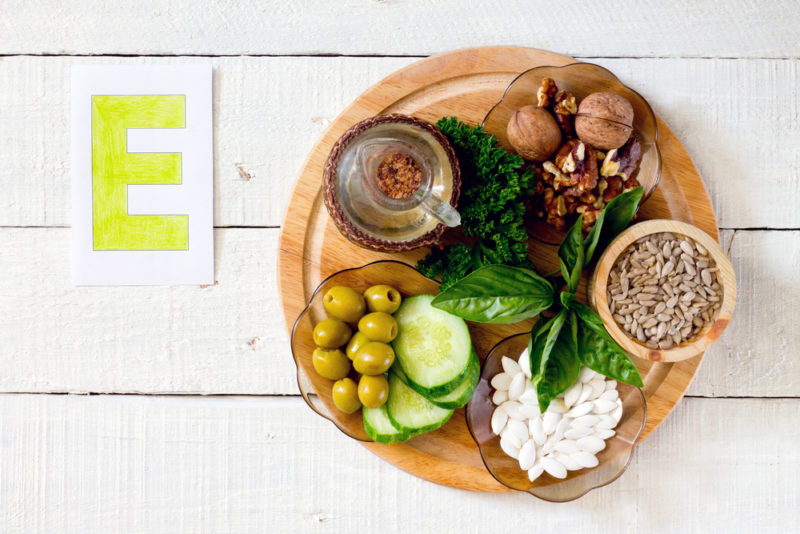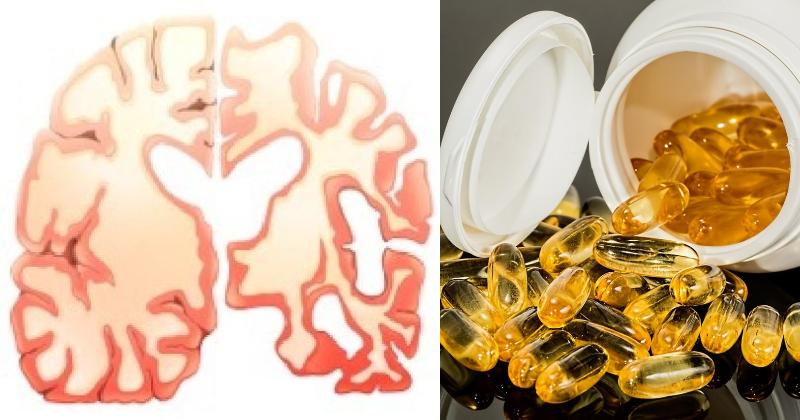You probably know that vitamins are an important part of keeping your body healthy, but did you know that there are certain vitamins that are essential for brain health? In order to function properly, the brain needs a variety of vitamins that work to enhance memory, improve mood and strengthen cognitive abilities.
These five vitamins are vital to keeping your brain healthy, sharp, and free from neurological disorders like Alzheimer’s and dementia!
1. Vitamin B
The B Vitamin family is made up of eight B vitamins. They’re commonly recognized as a group, and they work together in the body, but they also each have separate and important functions. The majority of the B Vitamins support cellular energy production from the foods you eat. Thiamin supports proper functioning of the nervous system, and niacin promotes cardiovascular health. Vitamin B helps to prevent memory loss, slow down aging and even combat depression. It plays a significant role in producing neurotransmitters that are essential for brain health, improving mental well-being.
Food sources of Vitamin B include legumes, leafy green vegetables, eggs, fish, poultry, bananas, carrots, potatoes, peanuts and peas.
2. Vitamin C
Vitamin C is a water-soluble vitamin, meaning that the body doesn’t store it, so it’s important that your body is continuously getting a Vitamin C supply through the food that you eat. Vitamin C is essential for the growth and repair of tissues all over the body. It plays a part in healing wounds, and maintaining healthy bones and teeth. Vitamin C is an antioxidant that helps to protect the body from damage due to free radicals, and it increases serotonin levels, acting as a natural anti-depressant. Vitamin C also plays an important role in learning and memory, and it helps to protect the brain from age-related degeneration including Alzheimer’s disease, dementia and stroke.
Food sources of Vitamin C include oranges, green peppers, papaya, grapefruit, mango, broccoli, tomatoes, cauliflower, cabbage and citrus juices.
3. Vitamin D
Sunlight is the best natural source of Vitamin D for the body. The sunshine vitamin is vital for regulating the absorption of calcium and phosphorus in the body, and keeping the immune system working properly. Getting a sufficient amount of Vitamin D is important for normal growth and development of the bones and teeth. Without enough Vitamin D, you’re at a higher risk of developing osteoporosis. Vitamin D also improves mood and memory, and increases problem-solving abilities. It plays an important role in keeping the brain sharp. While too much sun exposure can be harmful to the body, just 10 minutes a day of sun exposure is enough to grab some Vitamin D.
Very few foods contain Vitamin D naturally, but some foods are fortified with the vitamin. Food sources of Vitamin D include mushrooms. However, the best way to get vitamin D is to spend some time in the sun.
4. Vitamin E
Vitamin E is a fat-soluble vitamin and an antioxidant which helps to prevent damage to the body’s cells. Vitamin E is vital in the production of red blood cells in the body, and it also helps the body use Vitamin K. Many studies have shown the health benefits of consuming a sufficient amount of Vitamin E, including a lower risk of heart disease, cancer, Alzheimer’s disease, diabetes and Rheumatoid arthritis. The primary brain health benefit of Vitamin E is preventing memory decline associated with aging. It boosts memory and works alongside Vitamin C to help keep the brain in tip-top shape.
Food sources of Vitamin E include eggs, nuts, sunflower seeds, greens, sweet potatoes, avocado, asparagus and yams.
5. Vitamin K
Vitamin K is a fat-soluble vitamin that plays a vital role in preventing blood clots in the body, building strong bones and preventing heart disease. Vitamin K2 helps to preventing hardening of the arteries, which is a common cause of coronary artery disease and heart failure. Studies have shown that Vitamin K is effective in fighting cancer in the lungs, prostate, colon and stomach, along with oral cancer. Research has also shown Vitamin K to be associated with improved cognitive functions and enhanced memory in older adults, suggesting that it may help to prevent Alzheimer’s disease.
Food sources of Vitamin K include kale, spinach, collard greens, parsley, broccoli and Brussels sprouts.


